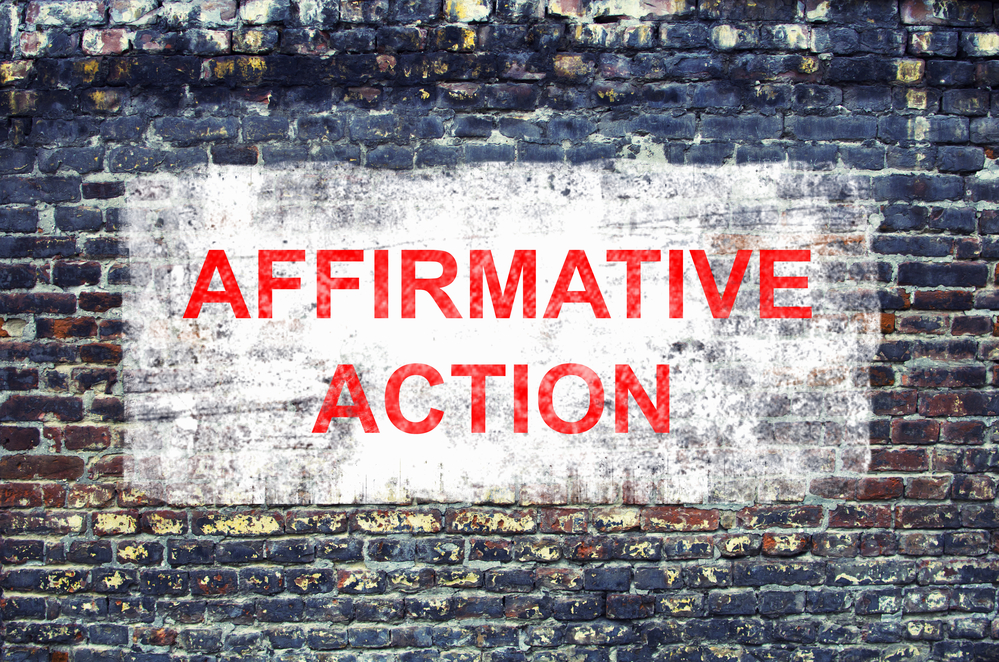
The recent Supreme Court ruling condemning Harvard and UNC’s race-based admissions policies has re-ignited the conversation about how to improve opportunities for bright minority students. In this week’s episode, economist Roland Fryer has a proposal to improve the pipeline of minority applicants, but he doesn’t think the Ivy League universities will go for it. He also explains how to tell if a racial disparity is discrimination, and describes how he advises companies that are trying to address racial disparities.
We’d like to hear your thoughts on this episode. What most surprised you? What changed your mind? Use the prompts below and share your thoughts in the comments, or drop us a line anytime at econlib@liberytfund.org.
1 – Fryer begins the episode by describing three explanations for racial disparities. Becker‘s theory of tastes, Arrow‘s theory of stereotypes, and sociologists’ theory of structural-based discrimination. Which of those (or what combination) seem(s) like the most plausible explanation of racial disparities to you?
2 – Why would seeing the same piece of evidence cause two people with opposite views to both become more confident of their polarized perspective? Can you think of a circumstance when you have observed this effect?
3 – Is the presence of statistical disparities between members of different racial groups evidence of discrimination? What methods does Fryer recommend for identifying the difference, and how compelling does that seem to you?
4 – Companies that Fryer has advised seem clueless about aligning their hiring criteria with the characteristics that make employees successful in their roles. Is this true, in your experience? If so, why is this a problem that companies are ignoring?
5 – Fryer heavily emphasizes paths or pipelines as contributors to racial disparities, meaning that the path that leads to a particular job or admission to university might not have as many minority individuals on it leading to a disparity. Fryer suggests elite universities start feeder middle and high schools to improve college-readiness for promising underprivileged students. Pick a career or opportunity and explain how the pipeline problem could be addressed in that situation.
Katie Flavin was the “original intern” at Liberty Fund in 2012, and has since been on the EconTalk team for almost a decade. She is excited to be the new Community Coordinator at Liberty Fund.


READER COMMENTS
Echarles
Sep 8 2023 at 11:17am
This issue has always struck me as a cultural problem rather than one that needs to be addressed around minor statistical disparities. We know that some immigrant blacks (including 2nd generation) have a higher per capita GDP than even whites in this country despite between indistinguishable from native blacks because education is prioritized. Obsessing over a 5-10% discrimination differences and making hiring/recruiting adjustments accordingly will never resolve the overall core issue of income inequality and seems like a superficial remedy considering the root cause of group disparities. I do like the feeder idea though.